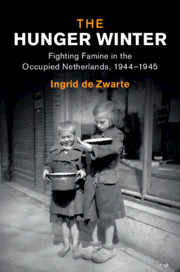The vast majority of Polish citizens lived through World War II and the Holocaust in the countryside. Nevertheless, power relations in rural communities have been largely overlooked by contemporary historiography. This study examines a profoundly liminal position of Polish village heads (sołtysi) in village communities during WWII. These lowest level clerks present in every Polish village faced intractable dilemmas and were often torn between the Nazi regime and their own communities. The case of village heads serves as a prime example of how the German occupier outsourced daily management of the occupation, exploited pre-existing structures and traditions, and used indirect rule in the communities it controlled. The paper discusses the role of village heads in creating the reality of occupation in the Polish countryside and the extent to which these village officials facilitated and participated in the Holocaust. The study is based primarily on early postwar trial documentation, Holocaust survivors’ testimonies, and village community records, most of which originate from the former Radom District of the General Government (today central Poland).

